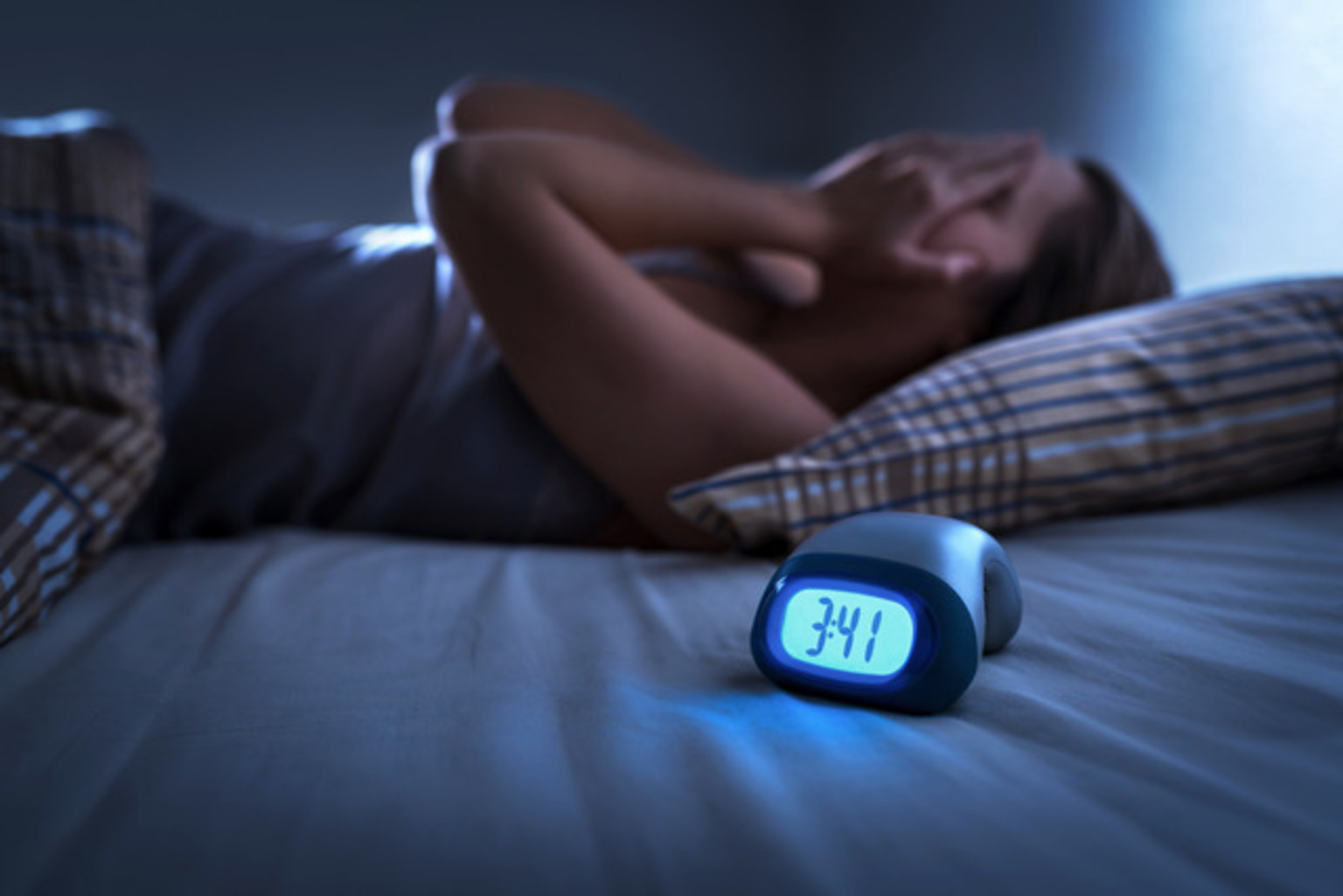Snoring can harm your oral health as well as the quality of your sleep. This condition is frequently associated with sleep apnea, another disorder which can lead to a number of oral health problems like dry mouth and bad breath.
You will snore less and feel more refreshed if your sleep apnea is addressed promptly. To protect your dental and overall general health, discuss sleep apnea and/or snoring treatments with your dentists in South Tampa.
Some of the Most Common Causes of Snoring
Environmental and physiological elements may contribute to snoring. It can be brought on when the soft palate is thick or positioned low, obstructing normal airflow and causing vibration in the throat’s back. For those who struggle with obesity, this is frequently the case.
Snoring episodes can also be brought on by nasal issues brought on by common colds. The position of lying on one’s back, which narrows the airway and makes it more likely for the tongue to slip back and clog the airway, can cause some people to snore.
Effects of Snoring on Your Oral Health
Disorder of the Temporomandibular Joint (TMD)
When the jaw moves as a result of the muscles and joints responding to teeth clenching, snoring results in dental issues. Snoring develops as a result of the tongue and jaw moving due to TMJ problems. Jaw stiffness, soreness, and trouble moving it are signs of the connection between the two.
Wear and Grinding of Teeth
Bruxism, often known as tooth grinding, is a condition where a person grinds or clenches their teeth, frequently when they are asleep. Bruxism can happen as snoring narrows the airway and causes a person to fall asleep more lightly. This may harm the teeth, wear down the enamel, and even create sensitivity.
Periodontitis (Gum Disease)
Can mouth sores be caused by snoring? Yes, to a certain extent, as the airway narrowing might result in dry mouth, which causes gum irritation and accelerates bacterial development. Mouth sores and infections can result from decreased saliva production. Infection of the gum-supporting tissues is known as periodontal disease.
Breathing Issues While Sleeping
Snoring symptoms are frequently used as a starting point for the diagnosis of common sleep disorders, including obstructive sleep apnea. This condition limits oxygen intake, which results in brief periods of no breathing. A number of sleep disorders, including sleep apnea, obese hypoventilation syndrome, central hypoventilation syndromes, and sleep-related hypoxemia disorder, have been associated with detrimental cardiac, general, and dental health issues.
Steps You Can Take to Avoid Snoring
You could alter your lifestyle in a proactive manner to stop snoring, for example,
- Use a body cushion to avoid rolling onto your back.
- Use pillows to elevate your upper body while you sleep to avoid any airflow obstructions.
- Eat a healthy, balanced diet to prevent the digestive issues that lead to snoring.
- Prior to going to bed, stay away from alcohol and over-the-counter sedatives.
- Maintaining a healthy weight and easing breathing issues can both be helped by exercise.
- You can reach out to your dentist to acquire custom snore guards near you.
Solutions for Snoring that are Currently Available
How can dentists prevent snoring? Consider custom snoring guards in South Tampa if snoring is interfering with your sleep, your ability to breathe, or the quality of sleep of your spouse. To realign the jaw and keep the airway open and clear, there are specialized dental appliances that can be used.
Visit Us to Receive Professional Treatments
Contact our local dentist near you for routine and urgent dental care. We offer a number of services, including customizable dental guards that can help you address snoring, allowing you to get a good night’s rest. Reach out to us here at Charles Martin, DD and receive a diagnosis and subsequent treatment in a welcoming and judgment-free environment. Call us today to set up an appointment.
